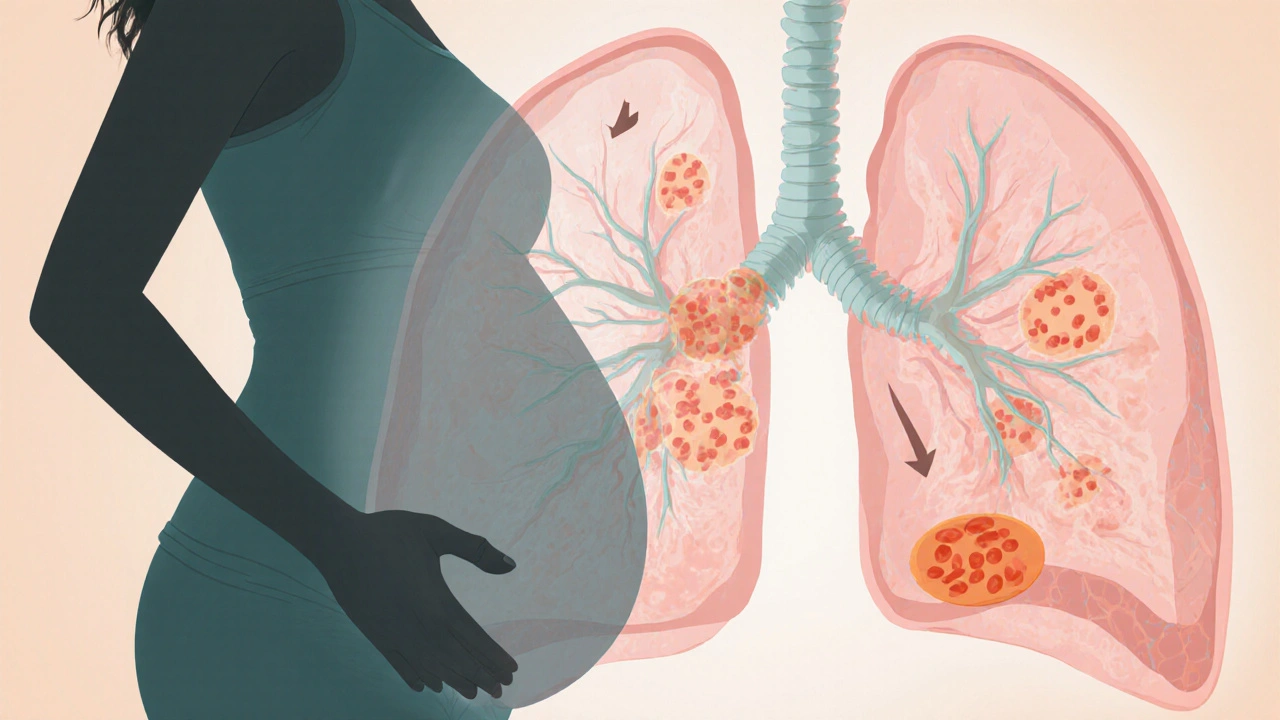Pregnancy changes your immune system, making you more vulnerable to infections like pneumonia. A vaccine can lower that risk, but many expectant mothers wonder if it’s safe for the baby. Below you’ll find straight‑forward answers backed by current guidelines, plus tips on timing and after‑care.
The pneumococcal vaccine (both PCV13 and PPSV23) is classified as a category B medication in most countries. This means studies in pregnant women haven’t shown any danger to the fetus, and animal tests don’t raise red flags. Health agencies such as the CDC and WHO recommend the shot for pregnant people who have high‑risk conditions—like chronic lung disease, diabetes, or a weakened immune system.
If you’re healthy and have no risk factors, the vaccine isn’t mandatory, but many doctors still suggest it. The reason? Pneumonia can lead to severe complications, hospital stays, and even preterm birth. A single dose gives your body antibodies that cross the placenta, giving your newborn some early protection after birth.
Talk to your OB‑GYN or primary care doctor about the best time for the injection. The second or third trimester is often preferred because your immune response is stronger and there’s enough time for antibodies to develop before delivery. The shot is given as an intramuscular injection in the upper arm and takes only a few seconds.
Most people feel no pain beyond a brief sore arm. A small number report mild fever, fatigue, or a headache—symptoms that usually resolve within 24‑48 hours. If you develop a high fever (over 101°F) or an allergic reaction, contact your healthcare provider right away.
After the vaccine, continue routine prenatal care. Keep a symptom diary if you notice anything unusual, but remember that serious side effects are extremely rare. If you’re due for other vaccines (like flu or Tdap), they can be administered in the same visit, provided your doctor agrees.
Bottom line: For most pregnant women, the pneumonia vaccine is a safe, effective way to protect both mom and baby from a dangerous infection. Ask your doctor whether you fall into a high‑risk group, and plan the shot for later pregnancy if it makes sense for you.

Learn how pneumonia affects pregnant women, spot symptoms early, and use safe vaccines, antibiotics, and lifestyle steps to protect both mother and baby.
read more